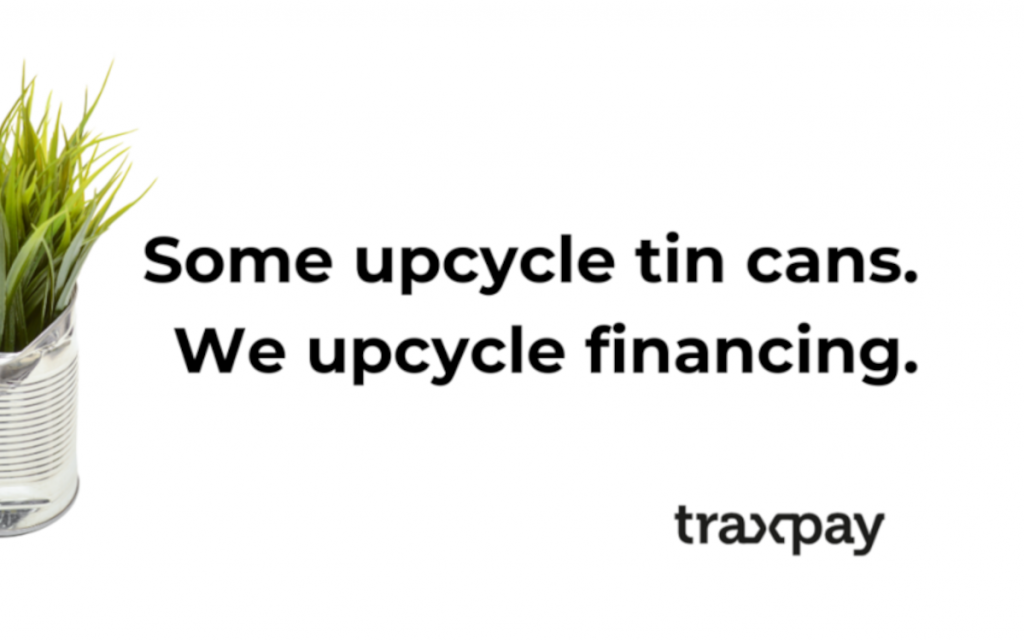Upcycling, i.e., the digital use and extension of the centuries-old payment and financing instrument, the bill of exchange, creates the opportunity for an upgrade of existing supply chain finance solutions.
In supply chain finance, a general distinction is made between sales and supplier financing instruments. The latter primarily include dynamic discounting and reverse factoring. In dynamic discounting, the buyer offers its suppliers the opportunity to be paid before the invoice is due, deducting a dynamically calculated discount. The buyer uses its own funds to generate cash discount income. However, the income generated in this way leads to a reduction in the days payable outstanding (DPO) and thus to a deterioration in the cash conversion cycle or working capital efficiency.
If, on the other hand, the buyer wants to improve its working capital, the payment terms granted must remain unchanged or ideally even be extended. To compensate, the buyer offers its suppliers a reverse factoring programme. Here, as in factoring, the suppliers sell their receivables to one or more investors (usually banks).
This brings us to the advantages of the digital bill of exchange: The bill of exchange is a born (by law) order paper, which is transferred solely by agreement, endorsement and handover. All changes and transfers are stored in an audit-proof manner. Additional information such as invoice data can be linked to the bill of exchange.
The bill of exchange as a payment instrument allows the completely flexible use of own and borrowed funds. If the buyer wants to use its own liquidity, suppliers are paid in advance by bank transfer. If, on the other hand, external funds are to be used, the buyer issues a bill of exchange which is sold to a financier.
In contrast to non-negotiable invoices, the transfer of bills of exchange does not require complex contracts and/or securitisation structures that differ per investor. On the contrary, due to the standardisation derived from the Bill of Exchange Act, companies can make themselves independent of restrictive, non-fungible legal frameworks and use a wide range of financing partners.
The biggest advantage of the bill of exchange, however, is that it enables the extension of payment terms without having to permanently change or renegotiate supply contracts. Negative effects of early payment from own funds can be compensated or overcompensated by payment by bill of exchange with additional payment terms. In this way, the typical dependence on supplier acceptance can also be reduced and forecast effects from supplier financing programmes can be better actively managed. These effects can also be used for sales financing. Longer payment terms are also granted individually on the basis of bills of exchange.
Since the bill of exchange is issued on account of performance, a trade receivable only expires when the bill of exchange is actually paid. In contrast to other solutions offered on the market, payment by bill of exchange and the associated extension of the payment period does not create a new financial liability in the balance sheet, but a trade debt.
Markus Wohlgeschaffen wrote this article for the online e-magazine DerTreasurer




